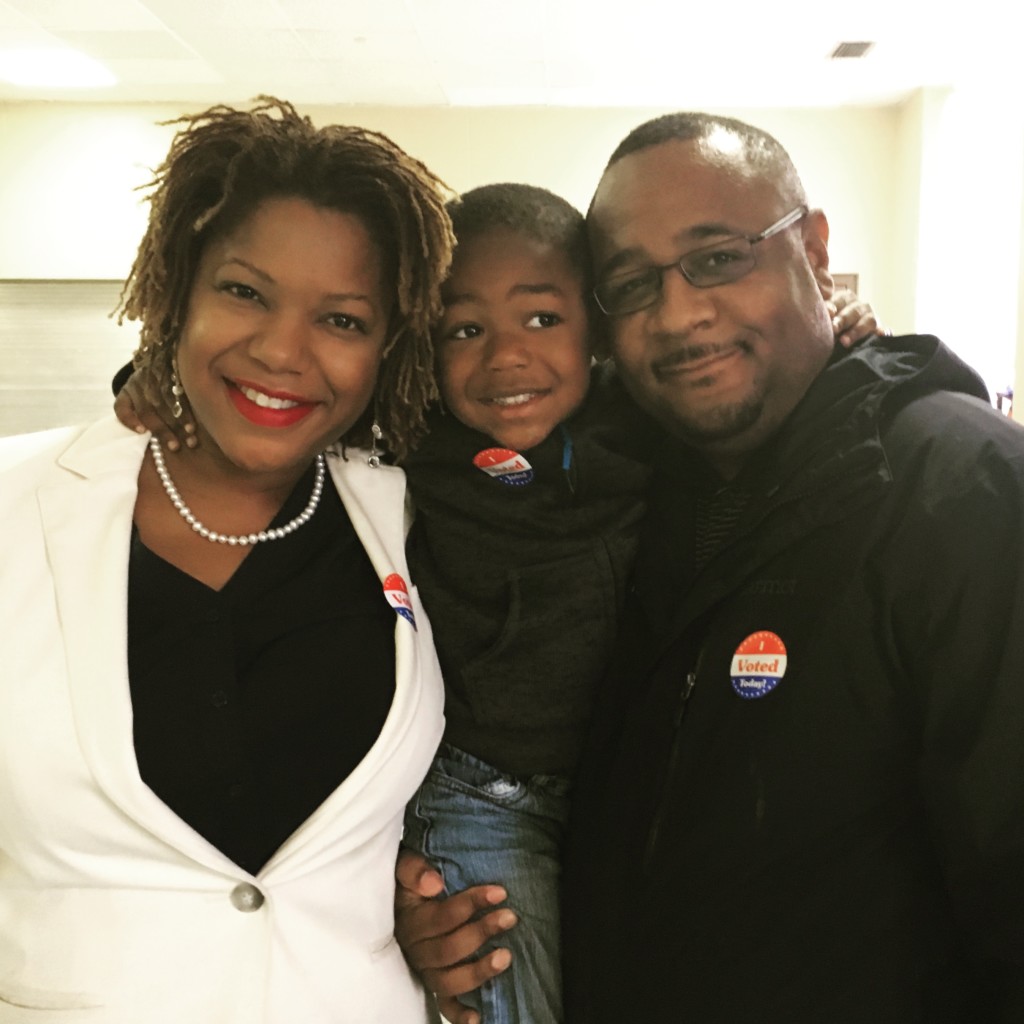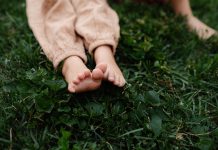I don’t remember becoming woke, but now that it’s a ‘thing’, I think about it often. I try to recall the exact moment that I learned that something as simple as the color of my skin might determine how I am treated and what is expected of me. Then I wonder when I made the connection between individual acts of racism versus the systems and structures that enable it. This matters to me because I’m pretty sure my awakening began in elementary school.
Now that I’m raising a child of my own who is entering elementary school in an era where information is far more accessible, I want to be careful about the messages he hears from the world and from me. I want him to have pride and optimism combined with an awareness of how the world views him. But everyday we are presented with more evidence that many of the people who impact his future with actions today are asleep at the wheel when it comes to diversity, inclusion and improved outcomes for children like him. So how do I raise a child who is both woke and free?

As a child, I did not feel particularly connected to St. Louis. Growing up here in the 80’s and 90’s I was surrounded by dignified and inspiring elders. These were primarily people who were born in the 30’s and 40’s in the deep south. People who came from meager means, but from strong families and communities filled with love. My extended family was dispersed across the northern states but my parents ended up here for graduate school and decided to stay for a while. By the time I came along, they were resolved to make this city their home.
I observed my parents settling into choices like where to live and where to send me to school. As they discovered the city, they brought me along and taught me about the things they learned; this included tales of once-prosperous Black neighborhoods in North St. Louis and Kirkwood, the reasons why some kids rode busses to school from the city to the county, the meaning behind the “VP” in “VP Fair”, the conditions of the Missouri Compromise and the impact of the Dred Scott decision. In many ways this knowledge felt like a burden that few of my White friends shared.
“To be a Negro in this country and to be relatively conscious is to be in a rage almost all the time.” James Baldwin
My son’s view of the world is shaped by his own experiences and the information we expose him to. He is curious, processing and questioning. He asks deep, thoughtful and awe-inspiring questions about the world and we make every effort to respect him and inform him in age-appropriate ways. It’s tough for me to let him watch the news because I don’t want him to be too fearful or too discouraged.
My heart broke a little over a year ago when my husband reported that our then 5-year old casually asked him if they were on their way to a Black birthday party or a White birthday party. He was disappointed to find out that it would be the latter, but ended up having a good time anyway. I wonder what was behind that question and so many other questions since that make me know that he understands a lot about the things that divide us.
“I believe the children are our future. Teach them well and let them lead the way.” Whitney Houston

Like our parents before us, my family is intentional about exposing our son to empowering messages and experiences. We explore the arts, sciences, history and culture while helping him make connections to himself and his potential. We have a deep library of inspiring children’s books that are about key Black figures in American history, about brilliant Black children and about regular folks that look just like the rainbow of people my son sees in his everyday life.
For all these reasons, I got involved with WeStories, an organization that helps families overcome unfamiliarity or discomfort with talking about race. Through programming around children’s literature, the organization is introducing concepts that I learned implicitly to elementary aged children alongside their parents. The ripple-effect causes empathetic learning among their peers and elders alike. Participating in this community is one of the only things that retains my hope that, in fact,
“…someday we’ll all be free.” (Donny Hathaway)











Love it!!!!!
Comments are closed.